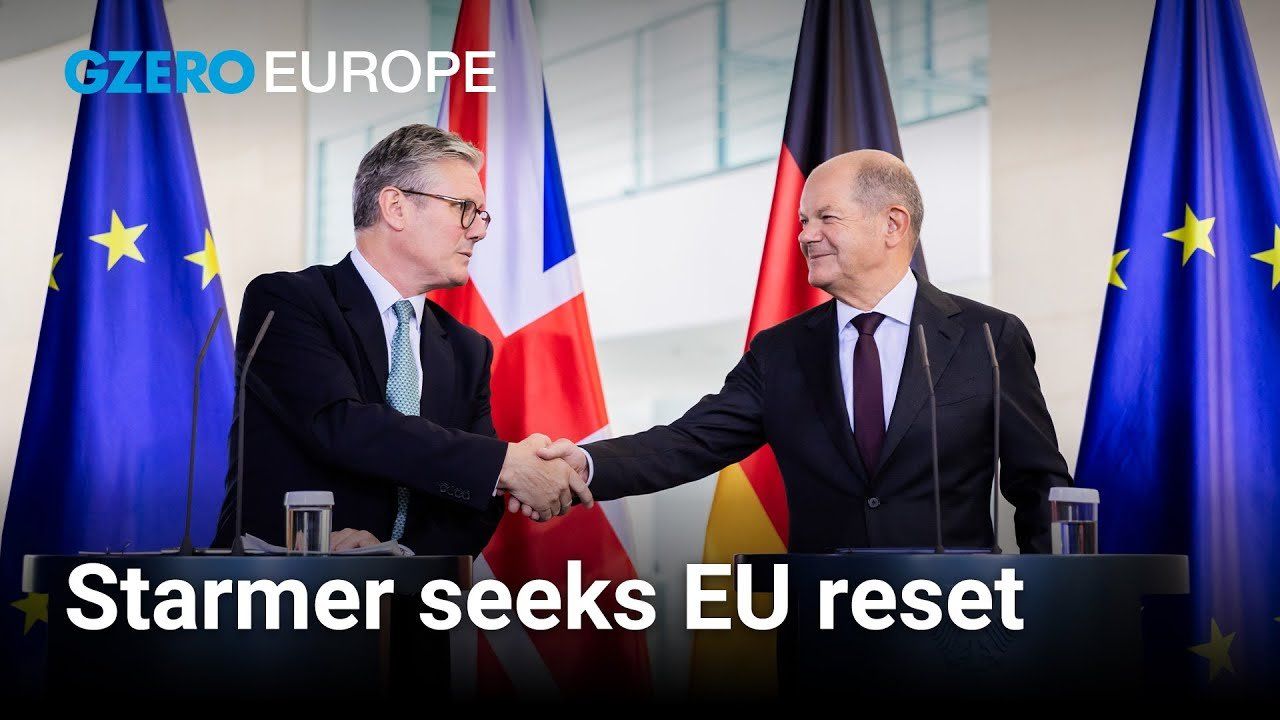80: Secretary of State Mike Pompeo estimates that the US had already sanctioned more than 80 percent of Iran's economy even before new sanctions came into force this week against the country's Supreme Leader and other politicians. The screws are certainly tightening, but the US is also running out of things to sanction.
2137: The computer science field is so dominated by men that, at current rates of progress it would take until the year 2137 for the number of papers written by women to equal those written by their male colleagues, according to a new study cited by Steve Levine at Axios Future.
71: A poll from the crucial US swing state of Florida finds that 71percent of the state's voters (and 85 percent of local Democrats) not only believe in climate change, but want to see the government take concrete measures to address global warming. That makes sense: over the past year, roughly a third of Floridians have had to invest in protecting their homes better against weather-related events.
1 billion: It's no secret that North Korea engages in hacking and cyberattacks in order to get money, but a UN report estimates that between 2015 and 2018, a single North Korean hacker netted more than $1 billion for the Hermit Kingdom. For context, the FT notes that Pyongyang was clocking about $500 million a year in arms sales in the mid-2000s.
